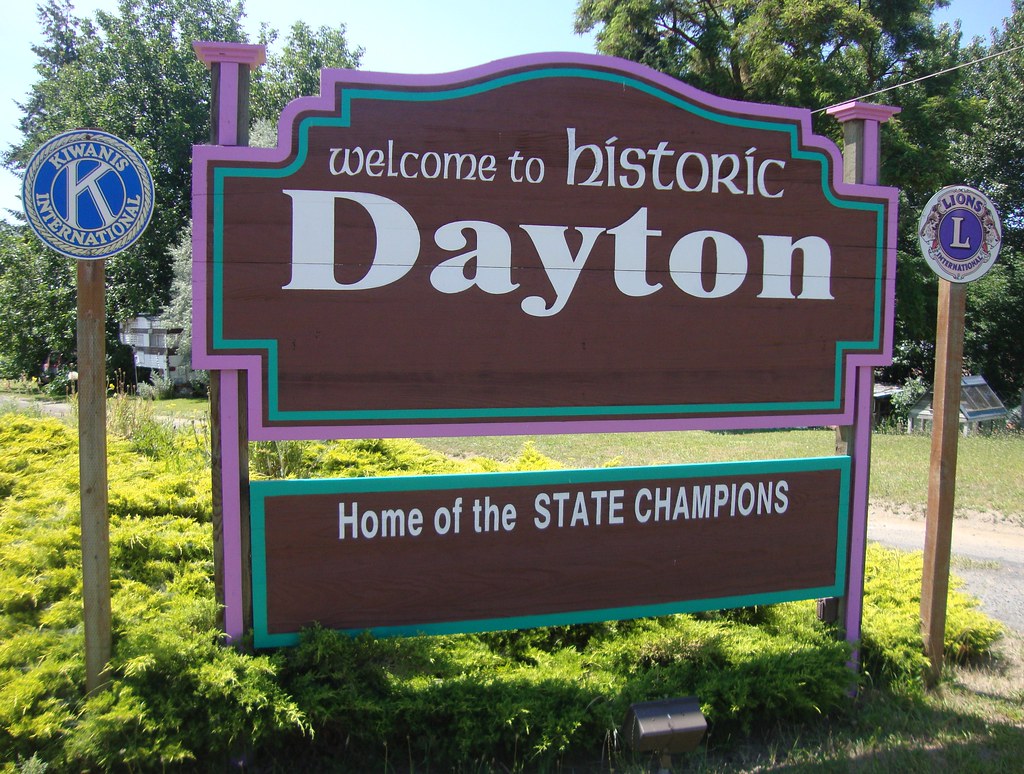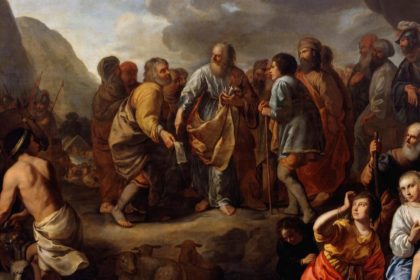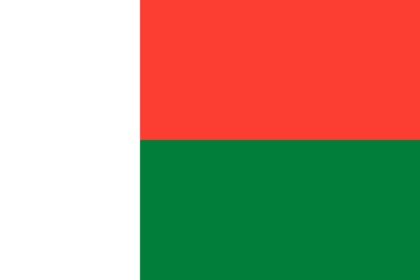Dayton is a city in and the county seat of Columbia County, Washington, United States. The population was 2,526 at the 2010 census. Take a look below for 20 fascinating and amazing facts about Dayton, Washington, United States.
1. Dayton was founded in the 1860s.
2. A town site plat was filed by Jesse N. and Elizabeth Day on November 23, 1871.
3. The city was officially incorporated on November 10, 1881, and was named for Jesse Day.
4. Dayton has the oldest train depot in Washington state, dating from 1881, and the oldest continuously used courthouse, operating since 1887.
5. The historic community of Baileysburg was situated about one mile southeast of Dayton, at the junction of North Touchet and South Touchet Roads.
6. In the 1980s and 1990s, the town underwent a $3 million restoration program, repairing the historic depot and historic courthouse, adding pedestrian amenities to Main Street, and creating a National Historic District.
7. Dayton is located at 46°19′11″N 117°58′40″W (46.319608, -117.977699).
8. According to the United States Census Bureau, the city has a total area of 1.43 square miles (3.70 km2), all of it land.
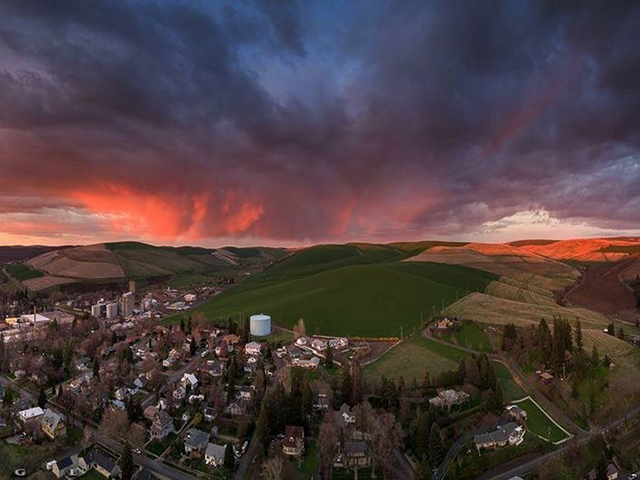
9. The Touchet River runs through Dayton.
10. Dayton has a Mediterranean climate (Köppen Csb) with hot summers (though nights are pleasantly cool) and chilly, though not severe, winters with only very moderate snowfall.
11. Dayton’s winter climate is somewhat milder than most of eastern Washington.
12. Precipitation is moderate for most of the year except for a dry period between July and September, at which time major wildfires are very common in the region due to the hot days and very low humidity.
13. At the 2010 census there were 2,526 people, 1,082 households, and 670 families living in the city.
14. The population density was 1,766.4 inhabitants per square mile (682.0/km2).
15. There were 1,200 housing units at an average density of 839.2 per square mile (324.0/km2).
16. The racial makeup of the city was 91.6% White, 0.4% African American, 1.9% Native American, 0.6% Asian, 0.6% Pacific Islander, 1.8% from other races, and 3.2% from two or more races. Hispanic or Latino of any race were 7.1%.
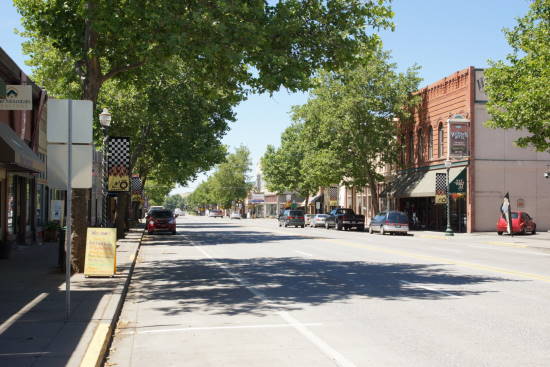
17. Of the 1,082 households 25.7% had children under the age of 18 living with them, 47.0% were married couples living together, 10.8% had a female householder with no husband present, 4.2% had a male householder with no wife present, and 38.1% were non-families. 33.1% of households were one person and 15.8% were one person aged 65 or older. The average household size was 2.27 and the average family size was 2.85.
18. The median age was 46.3 years. 21.6% of residents were under the age of 18; 6.2% were between the ages of 18 and 24; 20.1% were from 25 to 44; 30% were from 45 to 64; and 22.2% were 65 or older.
19. The gender makeup of the city was 49.0% male and 51.0% female.
20. The median household income was $31,409 and the median family income was $40,714. Males had a median income of $31,395 versus $21,339 for females. The per capita income for the city was $15,925. About 10.3% of families and 13.3% of the population were below the poverty line, including 17.0% of those under age 18 and 9.6% of those age 65 or over.

